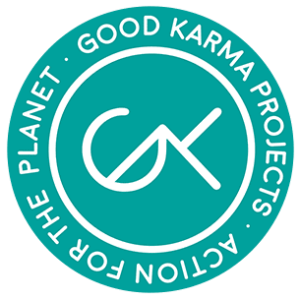The MEDPELLETS project was launched in early 2022 and we have been analysing the state, dynamics and impact of plastic pellet emissions in the Western Mediterranean for 7 months. So far, the analysis of this contamination has been based on sampling carried out at various points along the coast of Tarragona and the Balearic Islands. On the other hand, we have also developed a citizen science programme that has so far allowed us to identify 19 pellet sites on the European map. This provides us with information about the dynamics of these microplastics and how they reach the accumulation points we have identified.
We already know that the presence of pellets and other microplastics are a key indicator of the environmental status of the oceans recognised by the EU Marine Strategy Framework Directive and specifically in D10. According to a “Pew Environment” study called “Breaking the plastic wave”, plastic pellet pollution is the second most important source of primary microplastic pollution to the environment. These accumulate toxins that enter the food chain affecting the fisheries sector.
For this reason, we wanted to involve the fishing sector in the project, working with the fishermen’s associations affected by plastic pellets through citizen science. We are currently working with several fishermen’s associations in the area where we are sharing information on plastic pellet pollution and studying its impact on the sector through direct contact with fishermen. On the one hand, Per la Mar Viva is working with the fishermen’s guild of Menorca, in order to complete the information that Good Karma is obtaining on the coast of Tarragona.

In this close contact with the fishermen’s associations, we could not help but notice the visible inequality between women and men in the field of fisheries and aquaculture, as we have identified a very low presence of women among the workers. For this reason, we wanted to investigate a little more, and we have found the report Final Evaluation of the Plan for Gender Equality in the Fisheries Sector 2015-2020 where they make an extensive evaluation of the actions carried out in this regard during those years with the Plan created. In the conclusions we can see that there have been important advances in relation to equality in this area of activity, especially in terms of making the work carried out by women in the sector visible and giving it value. However, the Plan for Gender Equality in the Fisheries Sector 2021-2027 is already underway with some very interesting proposals to tackle this issue in fisheries.
We are still working on getting feedback from this sector on plastic pellet pollution, so if you are a fisherman or know someone who does it, we need you! Fill in the form below and help us to see this issue from a different point of view.






